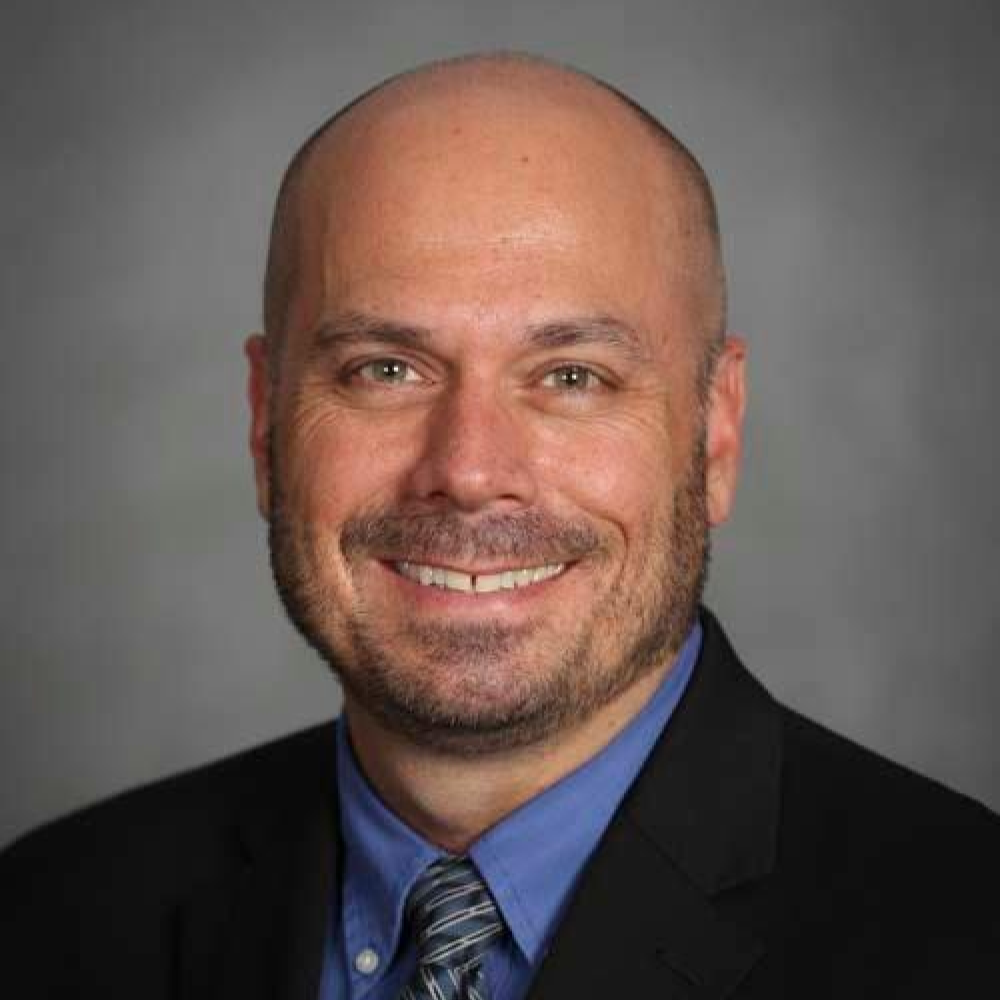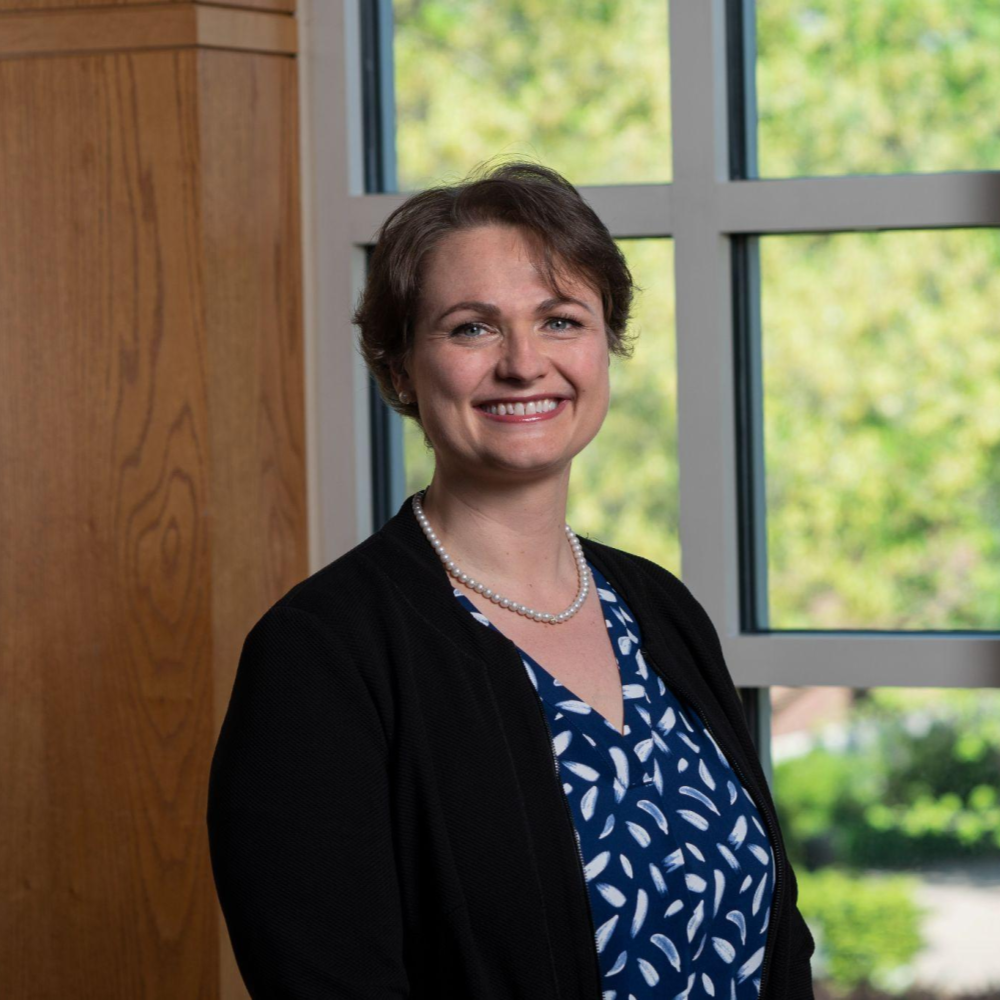
Specialty Certifications: Conceptualizing Athletic Training as General, Advanced and Specialized Practices
Abstract:
Athletic training has significantly evolved. Professional education is now at the graduate level and advanced education has moved to doctoral and residency programs. Clinical practice settings also require knowledge and skills needed to care for more diverse patient populations. Athletic training specialties are accompanying these changes and athletic trainers with specialized knowledge and skills can be recognized with specialty certifications. Earning a specialty certification is a rigorous process that requires an individual to gain and maintain post-professional education and experience in the focused area. These focused areas of practice, also known as specialty practices, are validated with a practice analysis; however, differentiating specialty practices in athletic training is new for the profession. This is evident in current research. In 2023, Perceived barriers of athletic trainers about obtaining BOC specialty certification: a qualitative study reported how athletic trainers in their transition-to-practice years couldn’t comprehend athletic training as a general practice that could also support specialized practices. To continue growing athletic training specialty practices and specialty certifications, we must be able to conceptualize athletic training as a general practice, advanced practice and specialized practice. Being able to view athletic training as these different practice types begins with the professional education process. In addition, it aligns with Goal 2 of the NATA Strategic Plan, which is to “Cultivate the development, growth and sustainability of the Athletic Training Profession.”
Learning Objectives:
- Differentiate a certificate from the professional certification process.
- Identify key historical events with creating specialty certifications for athletic trainers.
- Describe five criteria that outline the concept of general practice in health care.
- Differentiate athletic training as a general practice, advanced practice and specialized practice.
Level:
Advanced
Domain(s):
Domain 5: Health Care Administration and Professional Responsibility
CEUs:
0.5 Category A
Track: Program Administration
Format: Lecture
In order to earn your CEUs, you must watch the session video in its entirety and complete the assessment.

Michael Hudson, PhD, LAT, ATC
Michael Hudson is a Professor at Missouri State University. Dr. Hudson teaches courses for different programs in the McQueary College of Health and Human Services, including the graduate professional athletic training program. His scholarship pursuits include clinical reasoning, professional ethics, and specialty certifications.
Dr. Hudson has served as Chair of the Specialty Council (now, the Specialty Certification Advisory Council) for the Board of Certification, Chair of CAATE’s Ethics and Professional Standards Committee, Chair of the Missouri State University Faculty Senate, and the District 5 member of the NATA Executive Committee for Education. Currently, he is Chair of the Governmental Affairs Committee for the Missouri Athletic Trainers’ Association. He has practiced in the outpatient clinic, secondary school, and university settings. Dr. Hudson was recognized with the District 5 Educator of the Year Award in 2018, the NATA Most Distinguished Athletic Trainer Award in 2019, and the Eric Shade Memorial Faculty Governance Award in 2024.

Eva Frank, PhD, LAT, ATC
Dr. Eva Frank is originally from Germany but has lived in the United States for over 25 years. She earned her Bachelor of Science degree in Athletic Training from Valdosta State University, her Master of Science degree in Physical Education/Sports Management from Florida International University and her doctoral degree in Curriculum and Instruction from Florida Atlantic University.
Dr. Frank teaches the Orthopedic Evaluation and Diagnosis course sequence which includes cadaver dissection. Her research interests include international athletic training and therapy and specialization in athletic training. She has been a faculty member in the Master of Athletic Training Program at Lebanon Valley College since 2017. She became Department Chair and Program Director in January 2023 and earned a promotion to associate professor in May 2023. Dr. Frank resides with her husband and son in Fredericksburg, PA.

